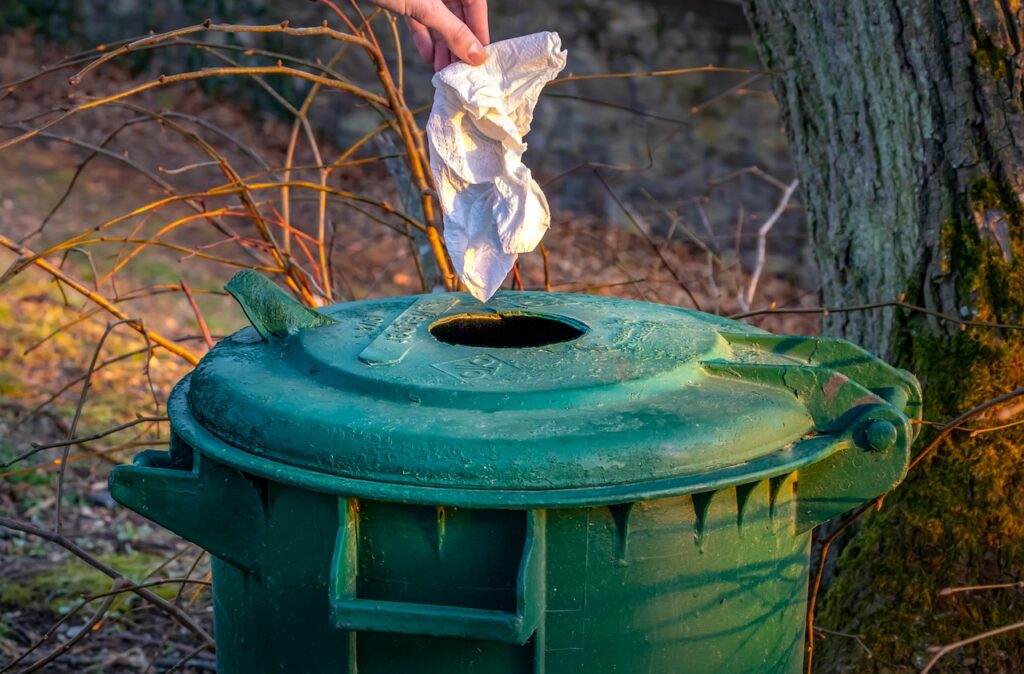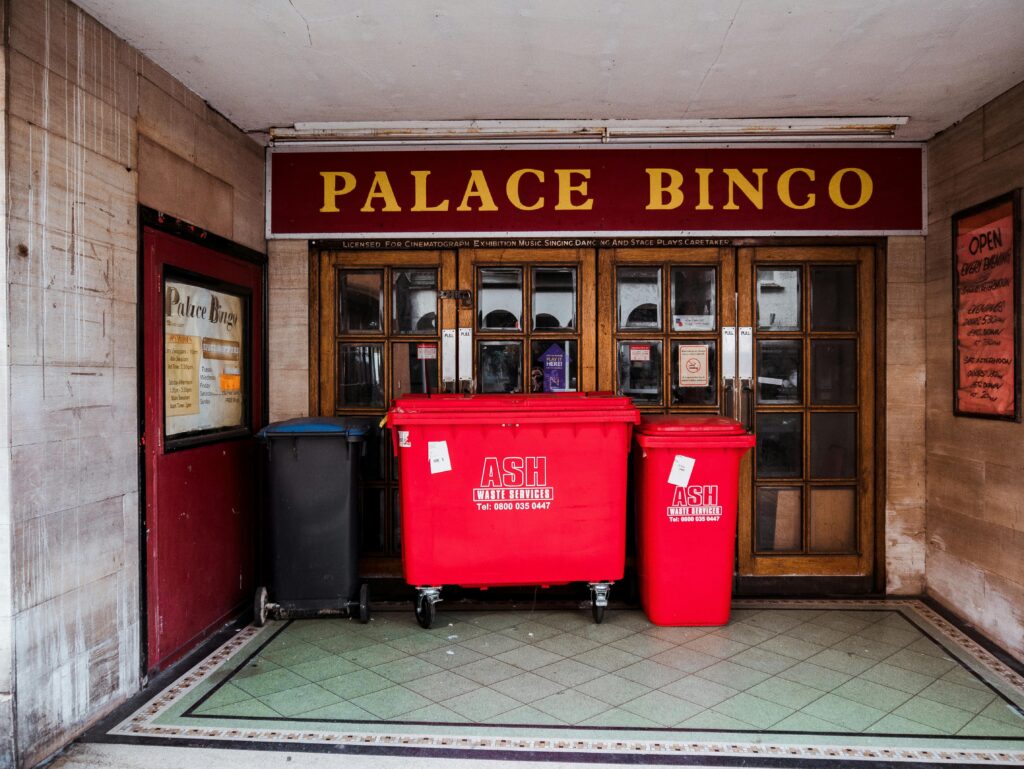Waste management is a critical aspect of our daily lives, yet it often goes overlooked. From household garbage to industrial waste, each person and business has unique needs when it comes to managing their refuse. With the rapid growth of technology and increasing environmental concerns, it can be overwhelming for individuals and companies alike to navigate the many options available for waste disposal services.
However, choosing the right service for your waste needs is crucial not only for your convenience but also for the health and sustainability of our planet. In this blog post, we will dive into the top factors to consider when selecting a waste management service that fits your specific requirements. Whether you are looking to reduce costs or minimize your carbon footprint, this guide will provide valuable insights on how to make an informed decision that aligns with both your values and practical considerations. Let’s delve deeper into this important topic together.

Exploring Dumpster Rental Options
Dumpster rental is often a viable solution for both residential and commercial waste management needs. This flexible option allows you to manage waste disposal according to your schedule and needs.
Dumpster rental companies offer a range of sizes, from small bins suitable for home renovations or cleanouts to large roll-off dumpsters capable of handling construction waste or large-scale cleanups. To find them simply look up things like rent a dumpster near me or waste management services online. Just make sure to choose a reputable company with good reviews and proper permits to ensure safe and responsible waste disposal.
Types of Waste
Understanding the types of waste you are dealing with can significantly influence your choice of waste management service. Generally, waste can be classified into several categories:
- Municipal Solid Waste (MSW): This is what typically comes to mind when we think of ‘garbage’ or ‘trash.’ It includes everyday items discarded by households or small businesses, such as packaging materials, food scraps, newspapers, and appliances.
- Industrial Waste: This is produced by factories, construction sites, or any large-scale commercial activities. It can include anything from scrap metal and chemical waste to building debris.
- Hazardous Waste: This type includes any waste with properties that make it dangerous or potentially harmful to human health or the environment. It can be a by-product of industrial processes, or it can come from discarded commercial products like cleaning fluids or pesticides.
- Organic Waste: This type refers to waste material that is biodegradable and comes from either a plant or an animal. Examples include fruit and vegetable peels, leaves, flowers, and grass clippings.
Frequency of Collection
The frequency of waste collection should be another crucial factor when choosing a waste management service. In many residential areas, municipal services typically offer once-a-week curbside pickup for garbage, recyclables, and sometimes yard waste. However, businesses and industries might require more frequent service, depending on the volume and type of waste they produce.
It’s essential to accurately estimate your waste output and choose a service that can provide the right frequency of pickup. Keep in mind that some services, like dumpster rental, offer the flexibility of on-demand pickup, which can be particularly beneficial for large-scale or irregular waste production. While choosing the service, bear in mind that irregular or delayed waste collection can lead to unsanitary conditions and potential fines from local authorities.
Local Regulations and Compliance
Adherence to local regulations and compliance standards is crucial in the domain of waste management. Different cities, states, or countries may have varying rules regarding waste disposal, recycling, and composting. For instance, certain types of waste might require special disposal methods or permits, while others could be prohibited entirely from disposal in conventional landfill sites.
Complying with these regulations is essential to avoid legal repercussions and maintain your commitment to environmental stewardship. Before selecting a waste management service, ensure that they are familiar with, and strictly adhere to all pertinent local and national regulations. This not only ensures your peace of mind but also contributes to a sustainable waste management ecosystem. Prioritizing service providers with a robust compliance track record helps foster responsible waste disposal practices and promotes a cleaner, healthier environment for all.

Sustainability Practices in Waste Management
Sustainability should be a cornerstone of modern waste management practices. When choosing a service, consider how they integrate sustainable practices into their operations. A responsible waste management company should prioritize waste reduction, recycling, and composting wherever possible. Look for services that go beyond mere compliance with regulations and strive to minimize their impact on the environment.
Are they dedicated to diverting as much waste as possible from landfills? Do they offer composting services, or support the recycling of materials like glass, metal, paper, and plastics? For organic waste, some services may offer green waste programs that compost yard waste and kitchen scraps, turning them into valuable soil amendments.
Additionally, consider their fuel efficiency and carbon emissions. Some companies may utilize hybrid or electric vehicles, or use route optimization software to minimize fuel consumption and greenhouse gas emissions. By choosing a waste management service that is committed to sustainable practices, you can ensure that your waste disposal has a minimal environmental impact while contributing to a greener future.
In conclusion, choosing the right waste management service involves careful consideration of several factors, including your specific needs, type and frequency of waste, local regulations and compliance, and sustainability practices. By understanding these key elements and thoroughly researching potential service providers, you can make an informed decision that aligns with your values and requirements.






